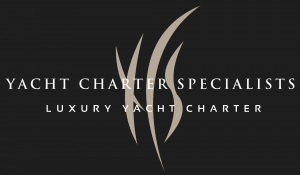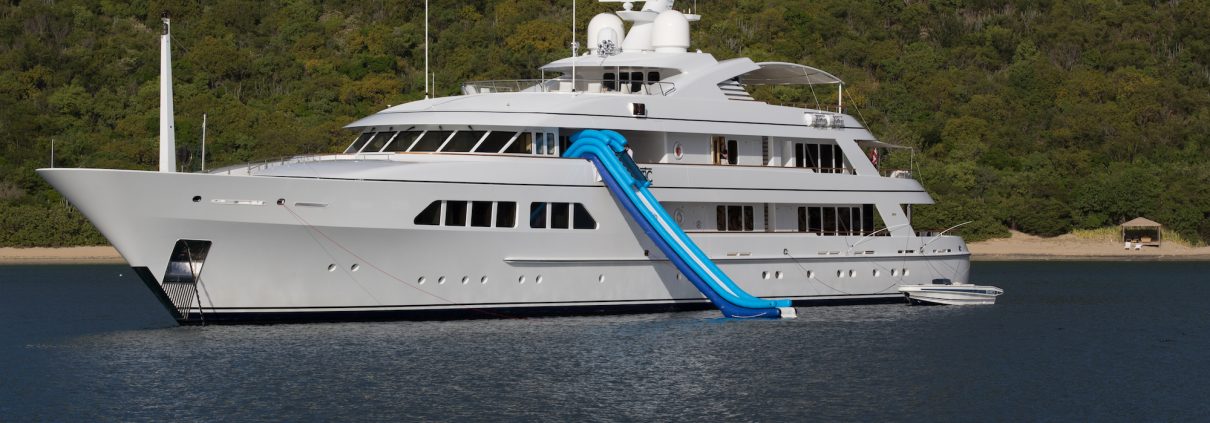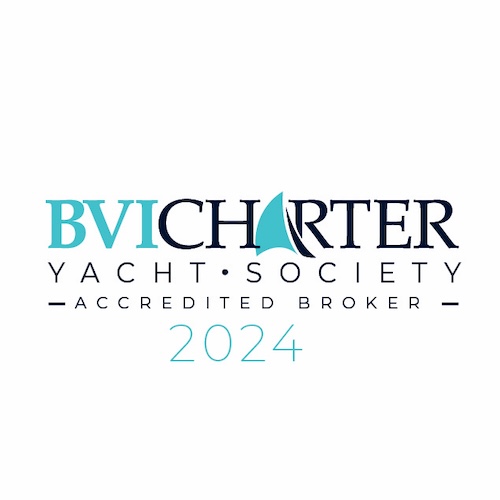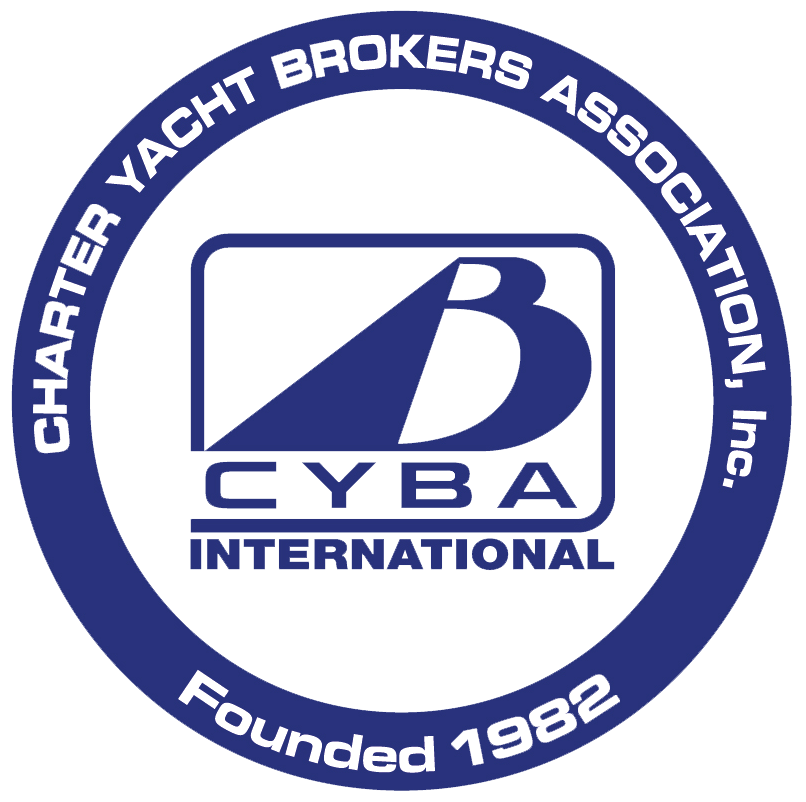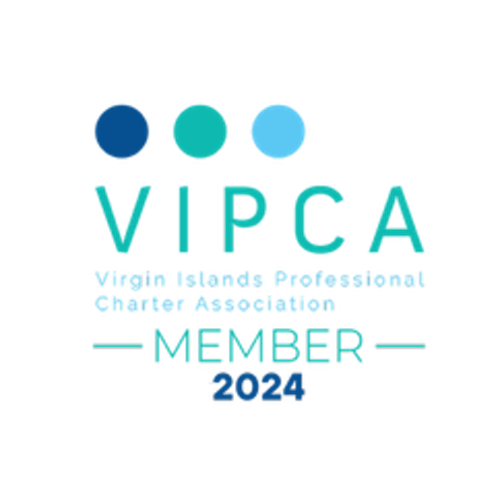Advice on selecting a Specialist Broker for your Yacht Charter
It can be a daunting prospect choosing a yacht for that perfect vacation afloat. The options seem overwhelming. Which location, what size, the practical differences between motor yachts and sailing yachts, the likely costs, and many other questions, make it a difficult decision. Fortunately, a good broker will help, but how to choose the right broker?
Firstly, have an idea of your budget. Chartering a yacht doesn’t have to be as expensive as many imagine but the range of yachts available means there is a correspondingly big range in prices and wide differences between, at one end, a smaller two-crew sail boat and, at the other, a mega yacht with forty staff, an onboard spa and a helicopter.
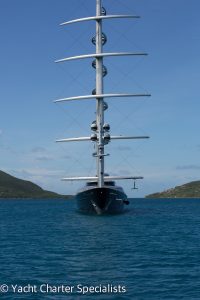
Superyacht Maltese Falcon available Mediterranean and Caribbean
It is also important to find out what is included in the charter fee. In some areas, notably the Caribbean Virgin Islands, smaller sail boats and catamarans include everything as an ‘all inclusive’ including local taxes, a ships bar, free water-sports, even transfers from the airport or scuba diving.
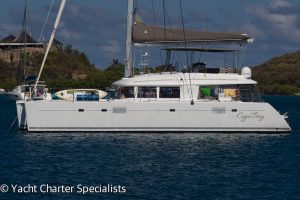
Charter Catamaran Copper Penny available for BVI Crewed Yacht Charter
Motor yachts on the other hand usually price themselves without fuel – a significant extra cost that can come as a nasty surprise if unprepared. Few will include the cost of dockage in a marina, common on the first and/or last night of the charter to facilitate boarding and departing.
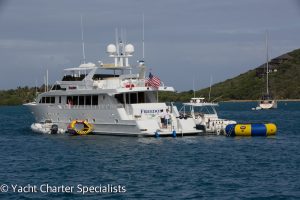
MY Freedom Virgin Islands Motor Yacht Charter with all the Water Sports Equipment
Some will be un-provisioned, without food and drink, and you will need to be aware that gourmet foods, fine wines and spirits at out-of-the-way exotic charter destinations can be impossible to obtain locally and air freighting them in will make them expensive to procure. A good broker will talk to you about this.

New Super J Sailing Yacht Topaz sail number J8 visiting the British Virgin Islands
Bigger boats generally ask for an advanced provisioning allowance (APA) – possibly thirty percent of the charter fee – to cover these un-included items.

Superyacht Mischief Luxury Motor Yacht Charter
A gratuity for the crew is customary in the yacht charter industry. Again, talk to your broker about what is expected.
The way that boats are priced is very individual and a good charter broker will guide you through the options. The key is to ask lots of questions as no one, you the customer, the broker, or the yacht, likes nasty surprises. A good broker will provide a clearly understood contract describing what is included in the charter fee, what you might expect to have to pay for as extras, and what the additional costs are likely to be.
Secondly, choose your cruising area with some care. It may not be as simple a decision as winter Caribbean / summer Med. Weather conditions vary during the season within both of these areas. For example, a charter in the windier Grenadines at New Year, when the traditional Christmas Trade Winds kick-in, may be ok for more experienced charterers however first-timers may be more comfortable in the more protected Virgin Islands at this time.
Also be aware that the Caribbean is tropical and has a defined hurricane season. Chartering at these out-of-season times can be spectacular with calmer winds, clearer seas, and quiet anchorages. A good broker however will inform you of the risks and talk about re-scheduling conditions, higher risk areas, and trip cancellation insurance in the unlikely event that an unexpected storm is forecast for your area.

Gunboat Catamaran a flyng machine
A good start would be to look for a broker who really knows the area. There’s no substitute for first-hand knowledge so a broker who has lived in the charter area and knows where you will cruise will help put together a memorable itinerary. The best restaurants, the calmest bays, the friendliest beach bars will be known to a broker that is ‘a local’.
Brokers should have current information about the yachts they recommend and their crews. Many attend charter shows to keep themselves updated, and this can be useful. It is however much more informative to visit charter yachts while in their working environment, rather than when spruced up for exhibition and tied to the dock. A good broker will keep an eye on the yachts they recommend and talk frequently throughout the season to Captains and owners about the condition of equipment and fittings and their refit schedule. A close ear to the ground about crew changes can be useful as the environment created on a ‘happy ship’ can have such a positive influence on your charter experience. A good broker will make a point of keeping abreast of who will be looking after you and make recommendations accordingly.
A good broker is professional, prompt to reply to enquiries, inquisitive about you and your party in order to make a match for you with a perfect yacht and crew, can empathise with the decisions you have to make and guide you, and importantly be able to give you confidence that their recommendation will make your vacation a success.
